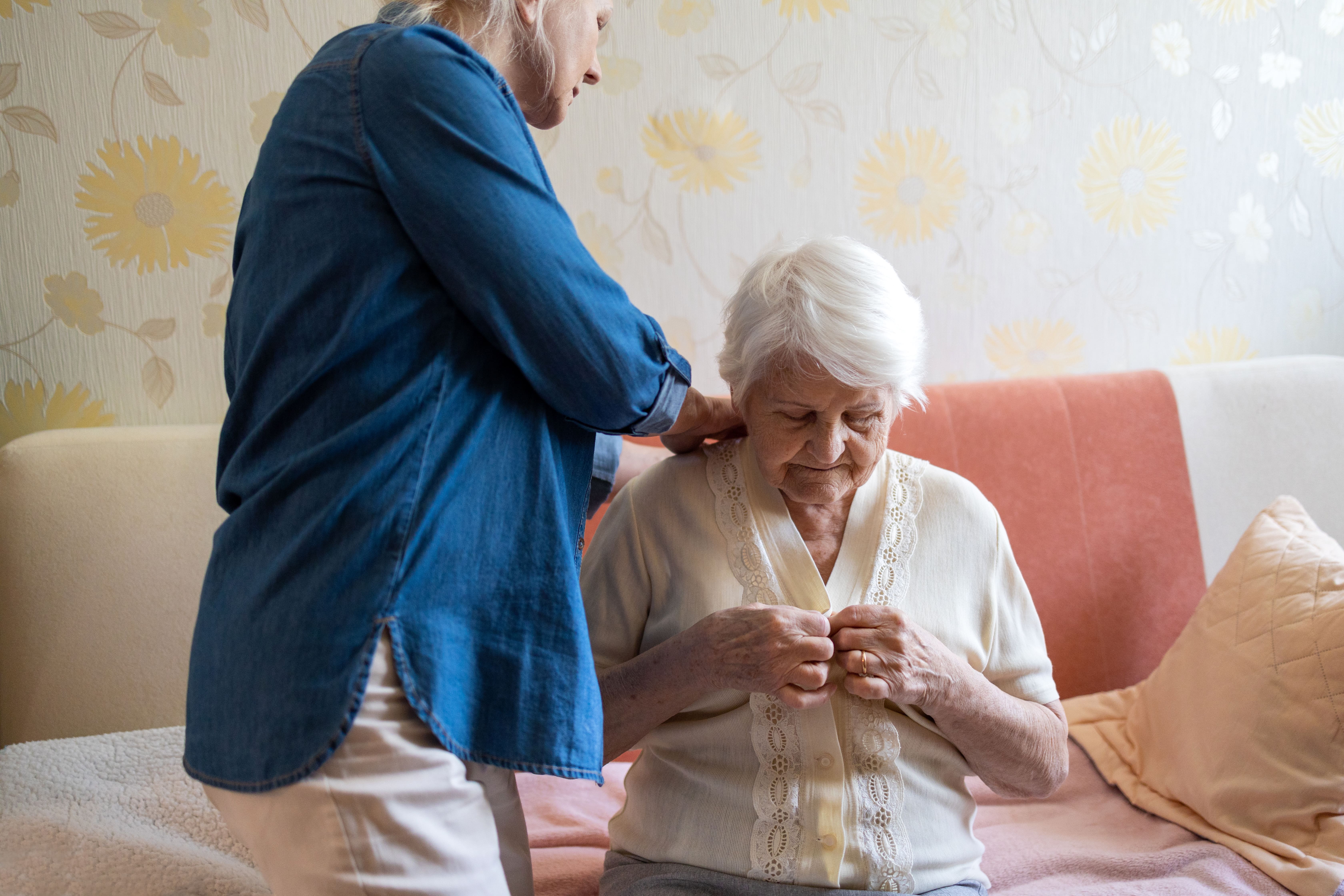Resources
Mobile Resource Library Tabs
Filters
Search
Categories Navigation
Asset Publisher
Content with Type Article .
Resources

Barriers to Older Adults Remaining Social: Lessons Learned From the Pandemic
Social isolation has always been a common issue for older adults, but became even more recognizable during the COVID-19 pandemic. Over the past few years, we have seen the negative effects of loved ones being kept alone. According to the Centers for Disease Control and Prevention, extended periods of social isolation have resulted in an uptick in hospitalization of older adults due to health concerns, and an increase in depression and anxiety disorders across all ages, especially in older adults. Pandemic restrictions contributed to stress level hitting an all-time high, while at the same time lowering access to the social supports older adults and caregivers rely on for respite and building social connections.
Read MoreBy Abbey Carney | 06/15/2023

Recognizing the Symptoms of Dementia with IDD
Diagnosing dementia is rarely straightforward, but can be even more challenging for those in the Intellectual and Developmental Disabilities (IDD) community. Many of the most common symptoms of dementia such as language challenges and difficulty with coordination are often things people with IDD already struggle with. This can make it all the more difficult to separate symptoms of dementia from their pre-existing symptoms.
Read MoreBy Julie Hayes | 05/15/2023

Keeping Bones Fit and Healthy as You Age
Most people have been told at least once in their life to drink milk so they will have strong bones when they grow up. As all of us continue that process of growing up into older adulthood, maintaining strong and healthy bones can be of even greater importance in order to prevent serious fractures, brittleness and significant loss of bone mass.
Read More05/15/2023

Simplifying Personal Care Routines for People with Memory Loss
As memory loss progresses, it can become increasingly difficult for older adults to manage many personal care activities. It takes longer for them to get dressed, groom themselves, take a bath and use the toilet. Busy caregivers sometimes decide that it's easier and faster to take over personal care tasks themselves. As a result, their loved one may gradually lose some of their independence and ability to manage their own care. The easiest way to help your loved one retain independence in their personal care is to keep things simple and find ways for them stay involved in the process while still offering your help.
Read More05/15/2023

How Caregivers and Older Adults Can Manage Rising Food Costs
As anyone who has gone grocery shopping over the past few months can tell you, inflation is hitting food prices hard in 2023. As of February 2023, eggs are around $4.21 a dozen, a 110 percent increase from 2022, while foods like pasta, flour, potatoes and sugar have all seen increases in the 20-30 percent range. But one thing that hasn’t changed?: the barriers which exist to prevent us from making the most of our money and accessing quality, nutritional food.
Read MoreBy Julie Hayes and Tiffany Taylor | 04/13/2023
